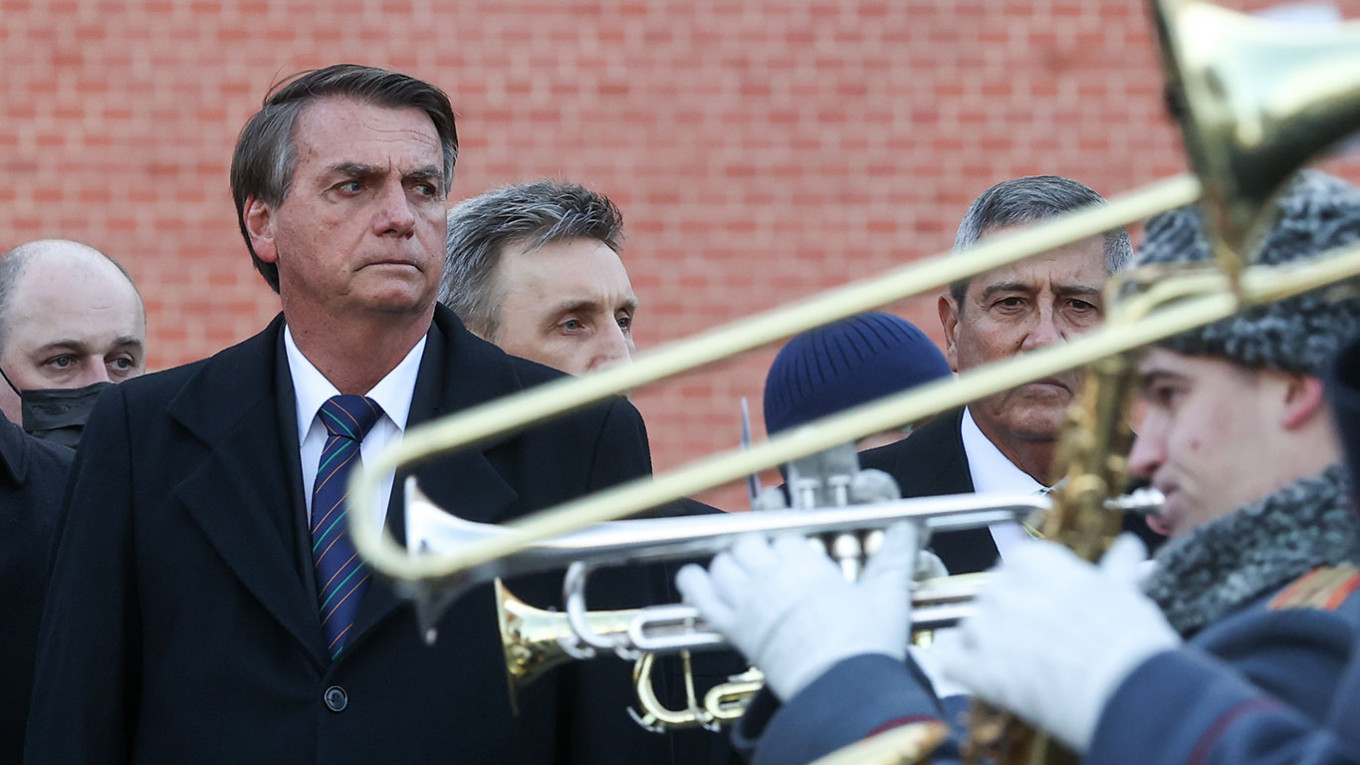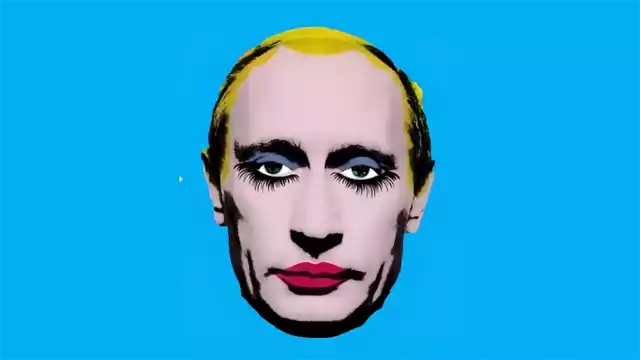In a world of international affairs heavily marked by ideological divides, the relationship between Russia and Brazil has always been a bit strange — but ideally suited to both nations' interests.
Towards the end of the Cold War, Brazil became one of the Soviet Union’s major trade partners, despite being governed by a military dictatorship that was officially rejected by Moscow. Brazil once again became a leading Russia partner in the early 2000s, as then-new President Vladimir Putin started to refocus and restore Russia’s role in Latin America.
Brazil quickly stood out on the continent, boasting the most significant share of Russian foreign trade in the region and being named a political “strategic partner” — one of the first to appear as such in Russia’s foreign policy doctrine.
Yet despite warm relations, Brazil has never sided with Moscow’s assault on the established liberal international order — for several reasons.
In contrast to Venezuela, Nicaragua, or Cuba, Brazil and Russia’s mutual interests are not based on a shared deep anti-American sentiment — the driving force behind Moscow's love story with Caracas, Managua and Havana. In the case of Brazil, the partnership was forged on a more pragmatic understanding that without a stable relationship, neither side would be able to advance its foreign policy agenda fully.
Brazil needs Russia because of its quest for a permanent seat at the UN Security Council and both countries value their membership of the BRICS grouping, alongside China, India and South Africa.
While the actual reach of the BRICS bloc is limited, it allows Brazil to support its claim to be a leading player with global reach on the international stage — the only country from Latin America and the Caribbean with such clout.
Meanwhile, Russia needs Brazil to support its argument, channeled through the BRICS group, that the demand for a new multipolar world order is not simply Kremlin propaganda, but part of joint efforts of diverse and respected members of the international community. This is what Moscow has in mind when it dubs Brazil a “strategic partner.”
Another point to note is that even as Brazil has witnessed dramatic swings in its domestic political direction since the beginning of the 21st century, its foreign policy has remained relatively unchanged in terms of the country’s long-term goals.
In contrast to its northern neighbors, Brazil has never been interested in challenging the United States’ established positions in the western hemisphere, while it has also managed to preserve a great degree of political autonomy in choosing both new friends and keeping old ones.
For instance, close economic ties with China did not bring Brazil’s political cooperation with Washington on security and military topics under question. Similarly, regular contacts with Russian officials are not usually of high concern in Washington.
The strategic relationship between Brazil and Russia endures, even as economic relations have remained light. Although Brazil is Russia's leading trading partner in the region, its share of Russia’s total foreign trade is less than 1%.
Given that the prospects for further trade growth are limited, especially since Brazilian and Russian manufacturers often compete in key areas such as aircraft manufacturing, both China and the United States are dismissive of the occasional ambitious statements about a looming breakthrough in trade relations between Moscow and Brasilia.
Given this context, should Brazilian President Jair Bolsonaro’s current visit to Moscow have taken place a few months ago it would not have rung any alarm bells in Washington.
But with the visit now coinciding with the peak moment of U.S.-Russia tension over Ukraine, the routine and long-planned presidential visit has taken on a different interpretation.
Undoubtedly, all the sides involved understand this and are looking to maximize the opportunity — to try and catch a bigger fish in the more turbulent water.
For Bolsonaro, his meeting with Putin is a message to the Biden administration that in today's challenging international arena, Washington should care more about vital actors in its own neighborhood — whatever the ideological differences between the current leaders of state.
For Putin, it is an excellent chance to offer evidence to the Russian public that Moscow cannot be isolated from the rest of the world, despite American attempts. It also enables Putin to enforce Moscow's key Latin American narrative further: that the Kremlin can maintain strong links to countries in the U.S.’ backyard.
Bolsonario's visit during the crisis can also be used by Moscow to advance its strategy of so-called “symbolic reciprocity.” For instance, should the visit end with a statement about expanding the countries’ existing partnership — even if any agreement is only rhetorical.
The fact that the U.S attempted to convince Bolsonaro not to travel to Moscow also shows the Kremlin that Washington does feel uneasy about Russia’s presence in the western hemisphere, and, from that perspective, Moscow’s strategy is working.
A Message from The Moscow Times:
Dear readers,
We are facing unprecedented challenges. Russia's Prosecutor General's Office has designated The Moscow Times as an "undesirable" organization, criminalizing our work and putting our staff at risk of prosecution. This follows our earlier unjust labeling as a "foreign agent."
These actions are direct attempts to silence independent journalism in Russia. The authorities claim our work "discredits the decisions of the Russian leadership." We see things differently: we strive to provide accurate, unbiased reporting on Russia.
We, the journalists of The Moscow Times, refuse to be silenced. But to continue our work, we need your help.
Your support, no matter how small, makes a world of difference. If you can, please support us monthly starting from just $2. It's quick to set up, and every contribution makes a significant impact.
By supporting The Moscow Times, you're defending open, independent journalism in the face of repression. Thank you for standing with us.
Remind me later.








